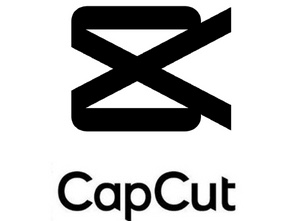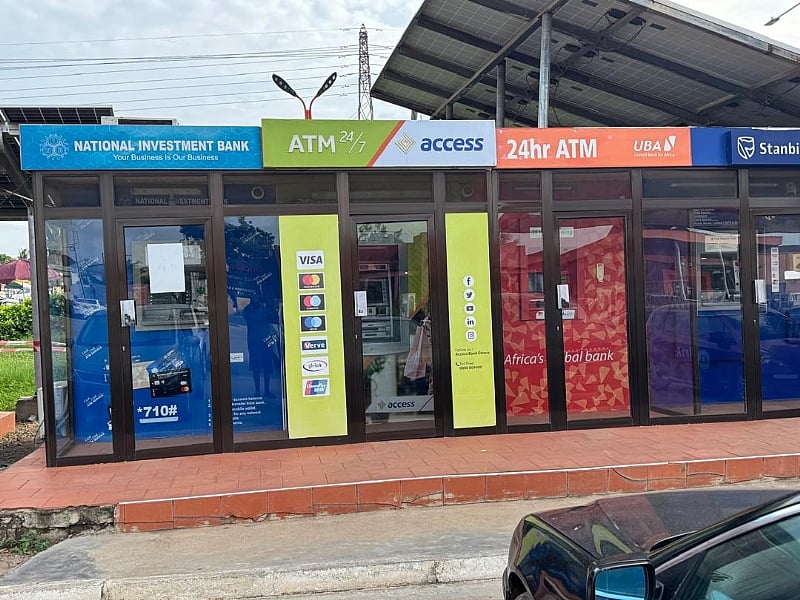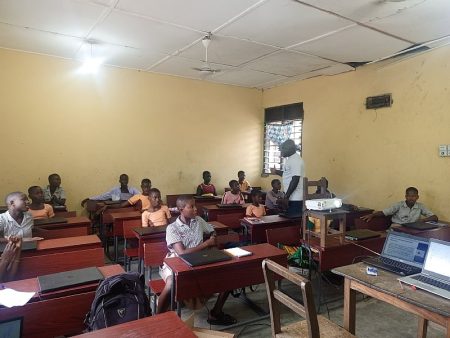CUTS International Accra, a prominent research and policy think tank, has issued a compelling call to the Bank of Ghana (BoG) to address the escalating issue of exorbitant ATM fees that disproportionately burden consumers nationwide. Originally envisioned as a cornerstone of modern banking, offering convenient 24/7 access to funds and alleviating congestion in banking halls, ATMs in Ghana have fallen short of their promise. Instead, unreliable service and opaque charges have eroded public trust and necessitate regulatory intervention. CUTS argues that penalizing customers for using alternative ATMs due to their own bank’s malfunctioning equipment is inherently unfair, placing the onus of inconvenience on the consumer rather than the responsible financial institution.
The urgency of this issue is underscored by CUTS International Accra’s 2025 State of the Ghanaian Consumer report, which surveyed nearly 1,800 consumers across all ten regions. The findings reveal a pervasive problem: a staggering 71% of respondents experienced ATM-related issues within the past three months, ranging from technical malfunctions and power outages to cash shortages. A significant portion of these individuals, 44%, were compelled to resort to third-party ATMs, and an alarming 68% of this group reported being unaware of the additional fees until after the transaction. This lack of transparency regarding fee disclosure represents a major point of contention, as consumers are denied the opportunity to make informed decisions. In contrast to more developed financial systems where ATMs prominently display charges before authorizing transactions, Ghanaian consumers often discover these fees only through debit alerts or bank statements, a practice that directly contravenes the BoG’s Consumer Protection Directives. CUTS emphasizes the banks’ ethical obligation to be upfront about costs, ensuring that every Ghanaian consumer is fully aware of all associated charges.
The financial implications of these ATM fees are particularly unjust considering the operational cost savings banks accrue through ATM utilization. By reducing reliance on human tellers and easing pressure on physical branches, ATMs significantly lower operational costs for financial institutions. However, these savings are rarely passed on to consumers, who continue to bear the brunt of monthly maintenance fees or per-transaction charges, even when using their own bank’s ATMs. This practice, CUTS argues, unfairly shifts the cost burden onto customers while enriching financial institutions, thereby eroding trust in the banking system. It represents a missed opportunity to reward customers with affordable services and strengthen the bank-customer relationship.
The quantitative findings of the survey are further corroborated by personal accounts from Ghanaian citizens. Numerous individuals recount frustrating experiences of encountering multiple “Out of Order” ATMs, forcing them to utilize third-party machines and incur unforeseen charges. Focus group discussions conducted by CUTS consistently revealed widespread discontent with long queues, frequent downtimes, and undisclosed fees. These anecdotal experiences underscore the systemic nature of the problem and the tangible impact on individual consumers. The frustration of being penalized for accessing one’s own money due to banking inefficiencies adds insult to injury, highlighting the need for prompt and effective regulatory action.
In response to these pressing concerns, CUTS International Accra has proposed a four-pronged approach to reform the current ATM fee structure, prioritizing consumer protection and restoring fairness to the system. First, they advocate for mandating up to four free third-party ATM withdrawals per month, shielding consumers from unnecessary charges when their own bank’s ATMs are unavailable. Second, they propose phasing out monthly ATM card maintenance fees, particularly for customers who exclusively use their own bank’s machines, aligning Ghana with global best practices. Third, they recommend mandatory fee disclosure on all ATMs prior to transaction completion, empowering consumers with the necessary information to make informed choices. Finally, they suggest enforcing minimum ATM uptime standards, coupled with regulatory penalties or customer compensation for banks that fail to maintain reliable service.
CUTS International Accra’s recommendations represent a comprehensive strategy to address the pervasive issue of excessive and often undisclosed ATM fees. By advocating for increased transparency, free third-party withdrawals, the elimination of maintenance fees, and penalties for downtime, CUTS champions a consumer-centric approach to banking. They urge the Bank of Ghana to adopt these reforms to ensure that the promise of digital banking – convenience, affordability, and trust – is realized for all Ghanaians. The organization believes that these measures are essential to restore public trust in the banking system and ensure that consumers are not unjustly penalized for the shortcomings of financial institutions.













